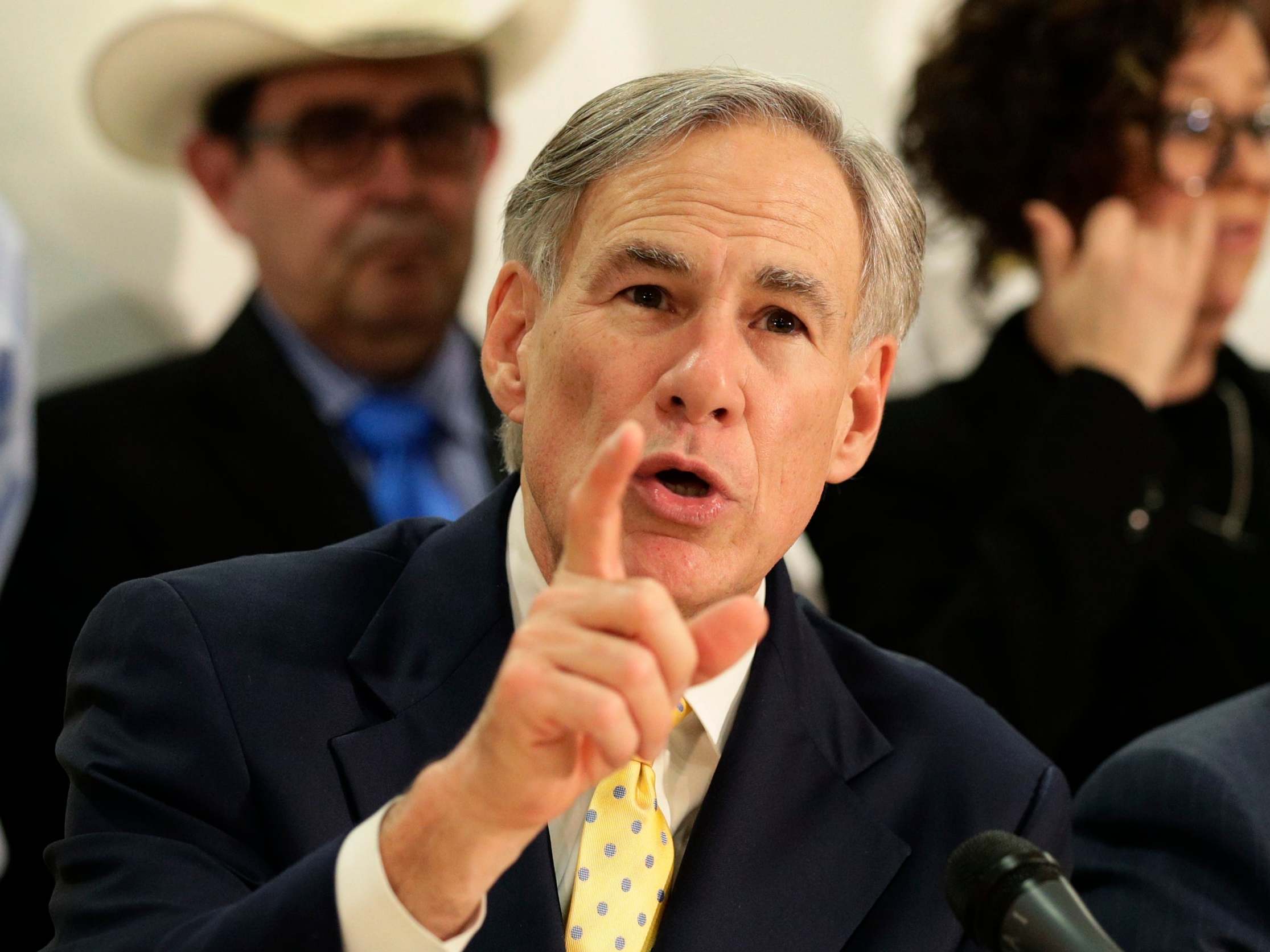Coronavirus: Fight over Texas abortion ban reaches Supreme Court
Restrictions have so far been upheld twice in appeals court

Your support helps us to tell the story
From reproductive rights to climate change to Big Tech, The Independent is on the ground when the story is developing. Whether it's investigating the financials of Elon Musk's pro-Trump PAC or producing our latest documentary, 'The A Word', which shines a light on the American women fighting for reproductive rights, we know how important it is to parse out the facts from the messaging.
At such a critical moment in US history, we need reporters on the ground. Your donation allows us to keep sending journalists to speak to both sides of the story.
The Independent is trusted by Americans across the entire political spectrum. And unlike many other quality news outlets, we choose not to lock Americans out of our reporting and analysis with paywalls. We believe quality journalism should be available to everyone, paid for by those who can afford it.
Your support makes all the difference.Abortion providers in Texas have asked the Supreme Court to let their clinics continue to perform some procedures after a federal appeals court temporarily upheld orders from state officials prohibiting most terminations.
In their Supreme Court filing on Saturday, lawyers from Planned Parenthood and the Centre for Reproductive Rights said the health crisis did not justify severe restrictions on the constitutional right to abortion. At the very least, abortions induced by medication should be allowed to continue, they said.
Three weeks ago, governor Greg Abbott, a Republican, ordered a halt to “all surgeries and procedures that are not immediately medically necessary”. That included abortions “not medically necessary to preserve the life or health of the mother,” Ken Paxton, the state’s attorney general, said in a news release. Other abortions, he said, must be postponed to preserve protective gear and other resources to fight the coronavirus pandemic.
Abortion providers promptly challenged the orders as unconstitutional, and the case has twice reached the 5th US Circuit Court of Appeals in New Orleans, which both times overturned temporary restraining orders issued by judge Lee Yeakel of the US District Court in Austin.
In his first ruling, Mr Yeakel, who was appointed by George W Bush, said the actions of the state official were at odds with Supreme Court precedents.
“Regarding a woman’s right to a prefetal-viability abortion, the Supreme Court has spoken clearly,” Mr Yeakel wrote. “There can be no outright ban on such a procedure. This court will not speculate on whether the Supreme Court included a silent ‘except-in-a-national-emergency clause’ in its previous writings on the issue. Only the Supreme Court may restrict the breadth of its rulings.”
The latest ruling from a three-judge panel of the appeals court, on Friday, allowed almost all of the governor’s order to stay in place while the case moved forward. Quoting earlier decisions, the majority said: “A state may implement emergency measures that curtail constitutional rights so long as the measures have at least some ‘real or substantial relation’ to the public health crisis and are not ‘beyond all question, a plain, palpable invasion of rights secured by the fundamental law’.”
Mr Yeakel had allowed exceptions to the governor’s order, which is scheduled to expire on 21 April but may be renewed, for abortions performed using drugs and for women whose pregnancies were in their later stages.
The majority stayed Mr Yeakel’s latest temporary restraining order, making an exception only for “any patient who, based on the treating physician’s medical judgment, would be past the legal limit for an abortion in Texas”, which is 22 weeks from the last menstrual period, on 22 April.
The judges in the majority were Stuart Kyle Duncan, appointed by Donald Trump, and Jennifer Walker Elrod, appointed by Mr Bush. Judge James Dennis, appointed by Bill Clinton, dissented, saying he would have upheld all of Mr Yeakel’s order.
In Saturday’s filing, the abortion providers argued that restricting medication abortions didn’t make sense.
“In denying patients access to medication abortion,” they wrote, Texas “singles out medication abortion as the only oral medication that cannot be provided under the executive order — even though its provision requires no [protective equipment] and delaying it forces patients to undergo more invasive abortion procedures later in their pregnancies or to attempt to travel out of state to access early abortion”.
Several other states, including Alabama, Ohio and Oklahoma, have also sought to limit abortions as part of their response to the pandemic, and those efforts have been challenged in court. The Texas case is the first to reach the Supreme Court.
The justices are already considering a separate abortion case from Louisiana that was argued last month. That case is a challenge to a state law that could leave the state with a single clinic.
The New York Times
Join our commenting forum
Join thought-provoking conversations, follow other Independent readers and see their replies
Comments